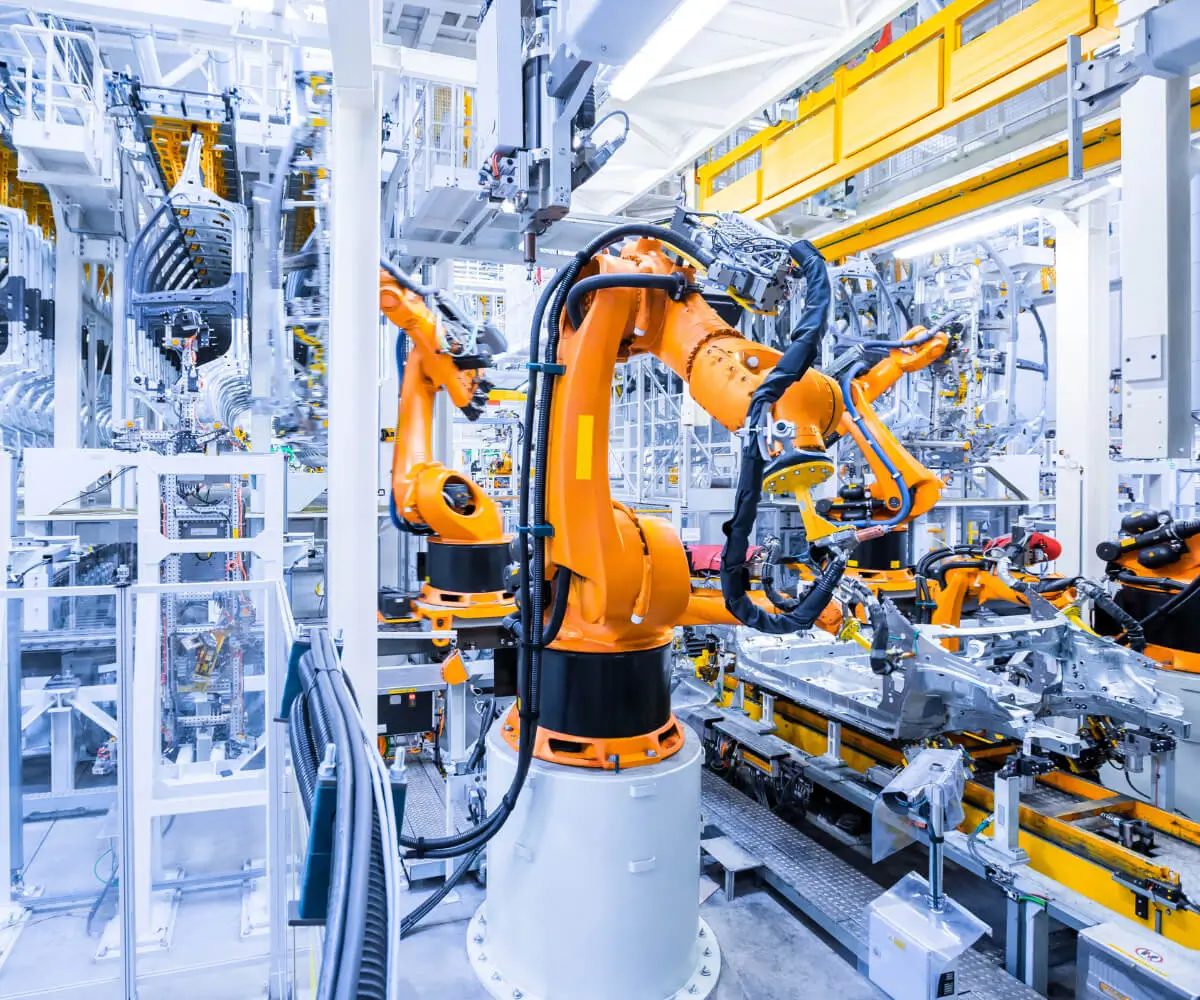Understanding Microservices Architecture: A New Approach to Software Development
Microservices architecture is changing the way businesses design and develop software. If you’re wondering what exactly that means and how it could benefit your organization, you're in the right place. Let’s break it down and see why microservices are gaining so much attention these days.

So, what exactly are microservices? Think of them as small, independent pieces of software that work together to form a larger application. Instead of building one massive, complex application, microservices divide that application into smaller, manageable sections. Each microservice has a specific function—like handling customer data or processing payments—and can run independently from the others.
Let’s say you have an e-commerce platform. In a traditional monolithic architecture, all parts of the application—checkout, product inventory, user management—are tightly integrated. If one part goes down, the whole system can fail. With microservices, you can have the checkout system, inventory, and user management running as separate services. If one goes down, the others can still function, minimizing disruption.
One of the key advantages of microservices is flexibility. For instance, if you need to update just one part of your system, like the payment processing service, you don’t need to touch the entire application. You can make changes to that specific microservice without affecting the others. This results in faster updates and less risk to the overall system.
Another benefit is scalability. If your user base grows and you need more processing power, you can scale individual microservices independently. This is much more efficient than scaling the entire system, which can be resource-intensive and costly.
Now, you might wonder, "But isn’t this more complicated to manage?" Well, it’s true that microservices require a bit more effort in terms of coordination. Since each microservice is an independent entity, it’s crucial to manage communication between them effectively. However, modern tools and platforms, such as cloud-based orchestration and containerization technologies, have made this much easier to handle. These technologies allow microservices to communicate seamlessly and work together in harmony.
But wait—what about security? With so many independent services, how do you keep things secure? It’s a valid concern. The good news is, microservices can actually improve security. Since each service is isolated, if one service is compromised, it won’t necessarily impact the entire application. Plus, security measures can be tailored to the specific needs of each service, adding an extra layer of protection.
One of the biggest reasons businesses are shifting to microservices is their ability to accelerate development. With microservices, development teams can work on different services simultaneously, speeding up the entire process. For example, one team might work on the user authentication microservice, while another focuses on the search feature. This parallel work allows for faster deployment of new features and improvements.
So, why should you consider adopting microservices for your business? It’s all about flexibility, scalability, and speed. Microservices give you the ability to adapt quickly to market changes, scale efficiently as your business grows, and deploy new features without disrupting your entire system.
In conclusion, microservices architecture is more than just a buzzword; it’s a smart, efficient approach to building modern applications. While it does require some upfront effort to set up, the long-term benefits—such as better scalability, faster development cycles, and increased system resilience—are well worth it. Whether you’re building a new platform or looking to upgrade your existing systems, microservices offer a future-proof solution for businesses of all sizes.
Established in 2005, Kpower has been dedicated to a professional compact motion unit manufacturer, headquartered in Dongguan, Guangdong Province, China. Leveraging innovations in modular drive technology, Kpower integrates high-performance motors, precision reducers, and multi-protocol control systems to provide efficient and customized smart drive system solutions. Kpower has delivered professional drive system solutions to over 500 enterprise clients globally with products covering various fields such as Smart Home Systems, Automatic Electronics, Robotics, Precision Agriculture, Drones, and Industrial Automation.




































